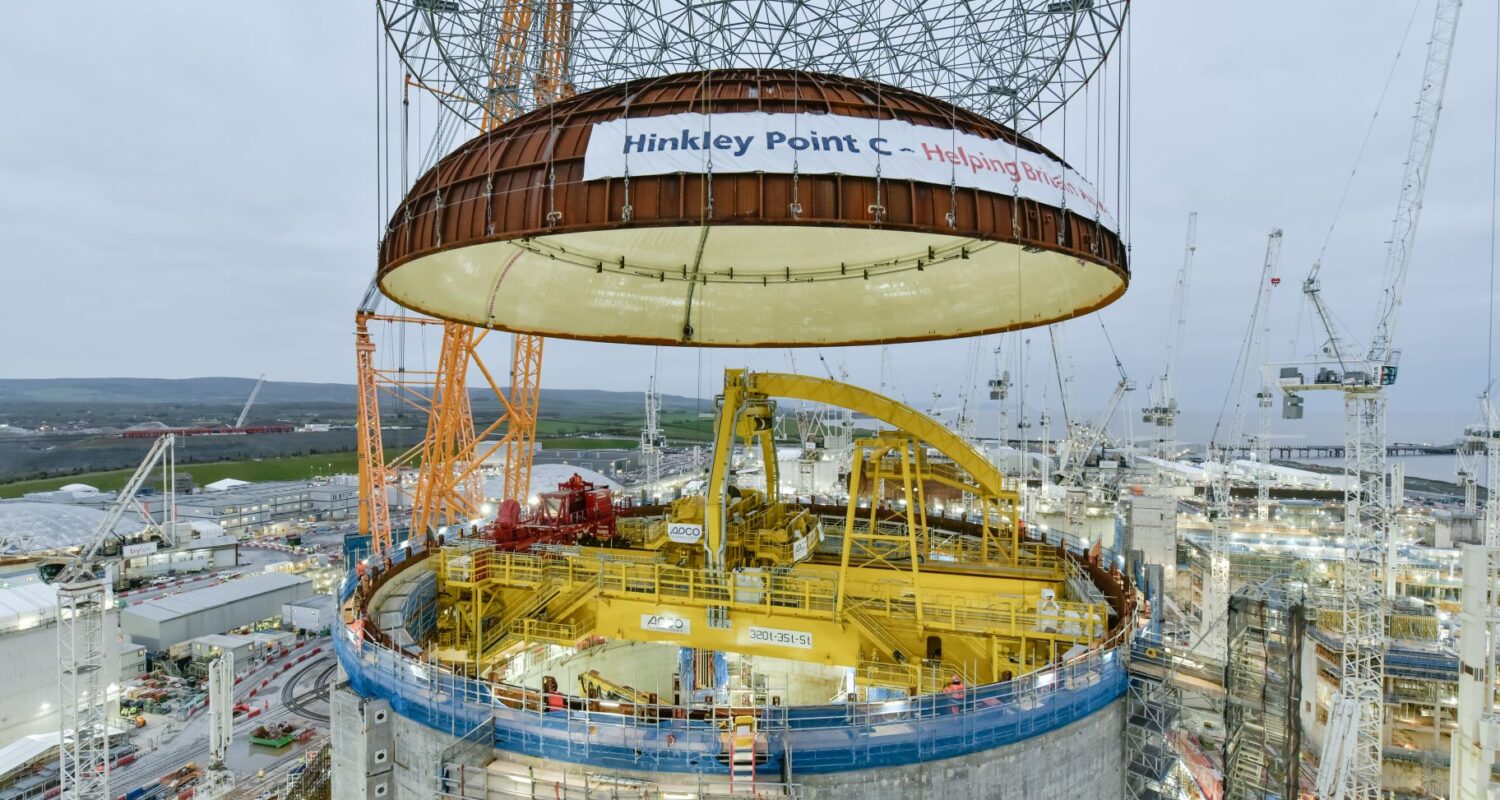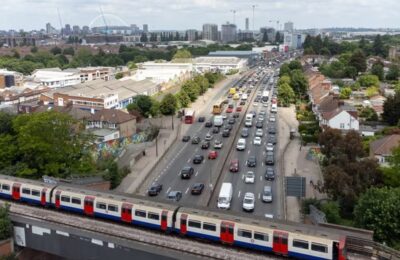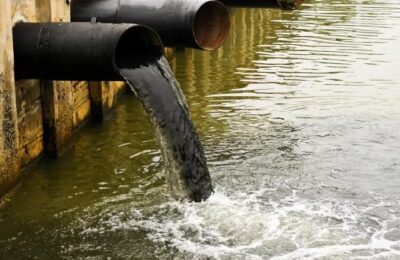By Sean Thompson,
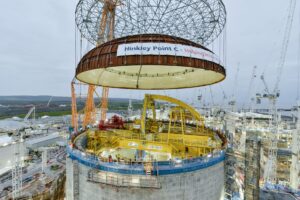
The news that Hinkley Point C, the largest construction project in Europe and the first nuclear plant to be built in Britain since 1995, is going to be delayed by a further four years, and cost £2.3bn more is, depressingly unsurprising. According to EDF, France’s state owned power company and owner of Hinkley Point, the plant is now expected to be finished by 2031 and cost up to £35bn. However, the real cost will be far higher once inflation is taken into account, because EDF is using 2015 prices.
This, of course, is merely the latest of a series of announcements of delays and cost hikes that have accompanied the development of this grandiose project – this one, we are told, due to Covid, Brexit and inflation. When the project was begun in 2016 the first reactor was due to be completed in 2027, at cost of £26bn , which in February last year was revised up to £32.7bn. Now it’s £35bn. Similarly, the completion date has moved back in stages from 2027 to 2029 and now 2031.
It’s not that these delays and cost increases were unexpected (apart, apparently from EDF and the UK Government). The plant will be a European Pressurised Reactor (EPR), a new and controversial design, which has been dogged by construction problems elsewhere. like those under construction in Finland and France. For example, the new EPR reactor at Olkiluoto in Finland (the only EPR actually in operation) regular electricity production started only in April 2023, fourteen years late and three times over budget.
In order to finance the project EDF partnered with state-run Chinese energy company General Nuclear Power Group (CGN) and in 2013 entered into a complex agreement with the British government under which Hinkley is guaranteed to earn a ‘strike price’ of £92.50 for every megawatt-hour (MWh) of energy produced through a combination of wholesale market prices and a levy on consumer energy bills.
At the time Government said this would require top-up payments totalling £6bn over the life of the plant via energy bills to meet the strike price, but falling wholesale market prices for renewable energy have widened the forecast gap every year since then. It’s now estimated that this will mean that consumers (us) will be paying over £50bn – as well as paying for the huge costs of decommissioning.
In addition, in December it emerged EDF’s partner in the project, China General Nuclear, had halted funding for Hinkley. This came after the government took over CGN’s stake in Hinkley’s proposed sister site, Sizewell C in Suffolk, stripping the Chinese company of its role in the project. As a result the Government will now also likely to have to underwrite the hole left by the withdrawal of CGN’s funding.
The irony of Hinkley Point C is that by the time it eventually starts working in 2031 – perhaps – it will already obsolete. Even though the two parties of capital are both still committed to the white elephant that is nuclear power (including the newest version, ‘Modular Nuclear Reactors’) it is facing existential problems around the world, as the cost of renewable energies fall dramatically and their popularity grows. The maths just doesn’t work, nuclear simply doesn’t make sense any more.
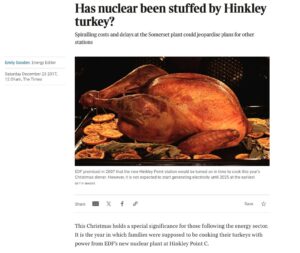
In 2007, the CEO of EDF boasted that in 2017, turkeys would be cooked using electricity generated by Hinkley!

